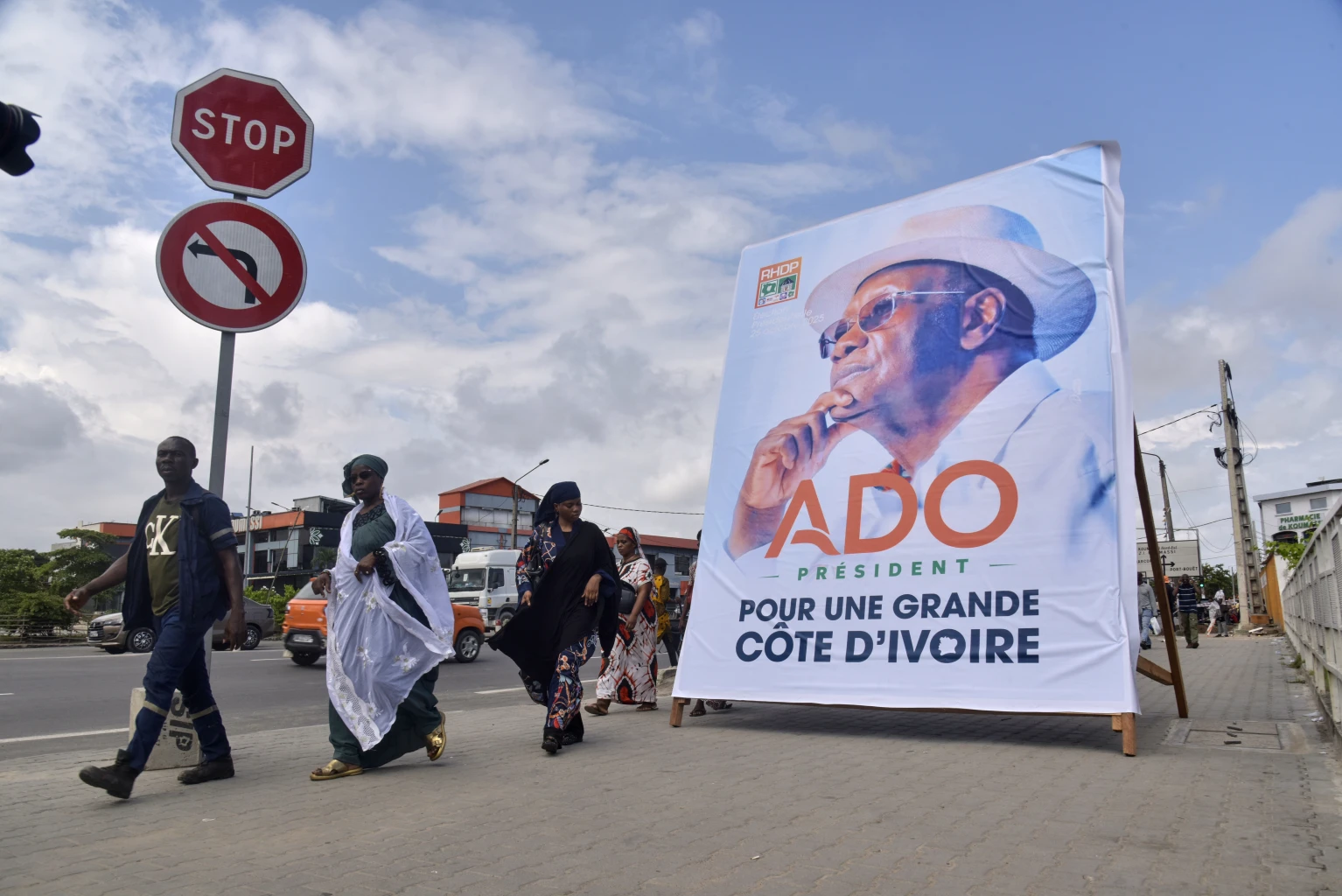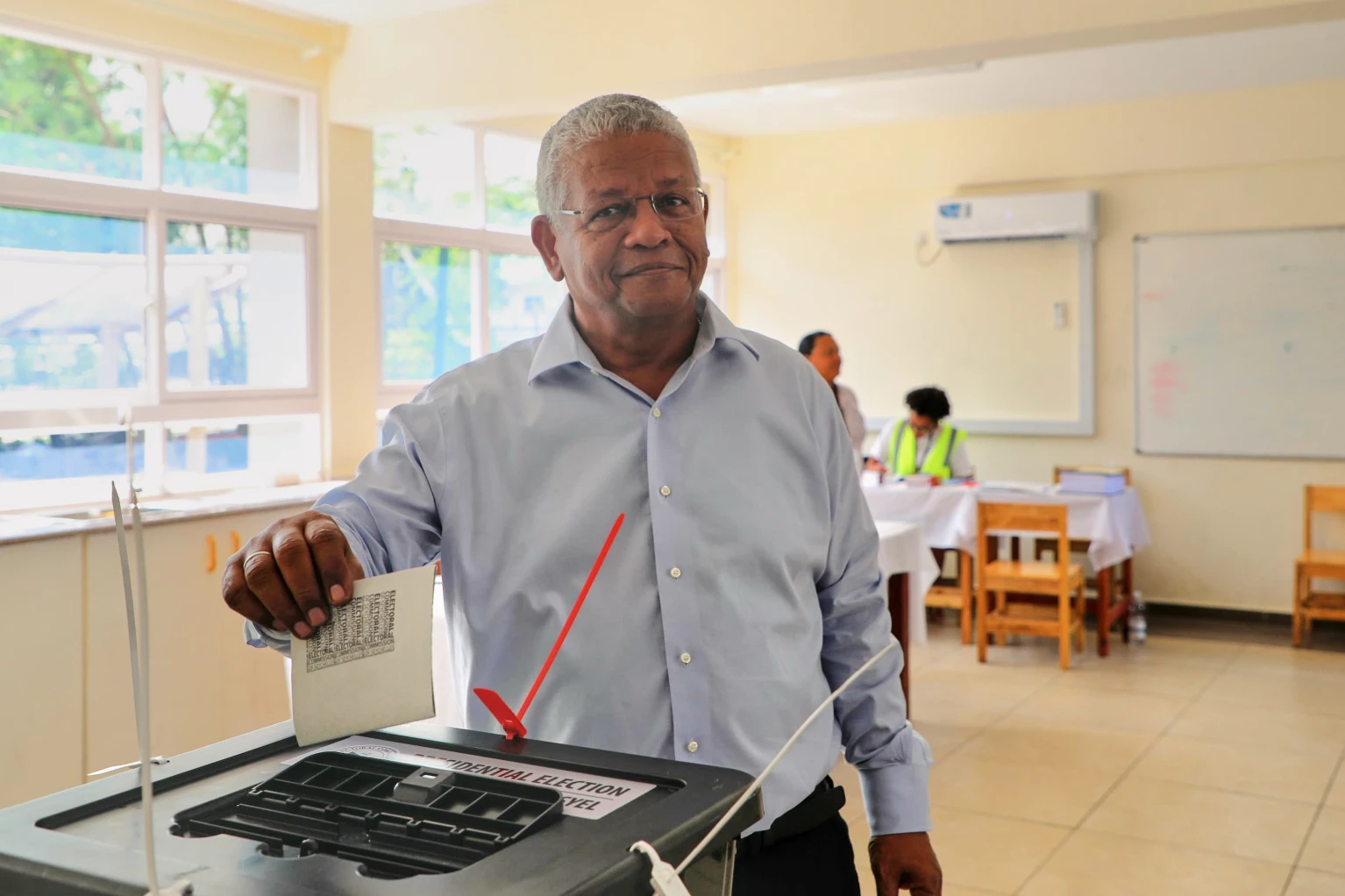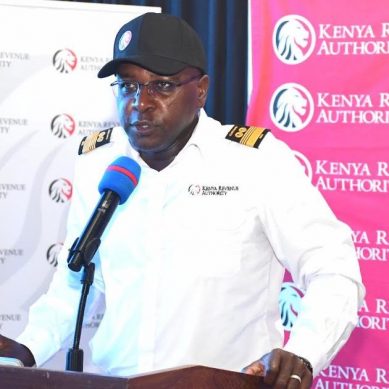To some Kenyans, Raila has already lost AUC chairmanship before a vote is cast but numbers tell a different story
Early indications are Raila is going to have roller-coaster. I would not be surprised if the Djiboutian pulled out of the race and supported Raila. The odds are against him and he is aware of the sheer force of numbers the Kenyan candidate commands.
Sudan’s paramilitary generals face UN sanctions for roles in war against military, rights abuse
The rights group said the RSF and its militias targeted the ethnic Masalit and other non-Arab groups in El Geneina, the capital city of West Darfur state. Masalit who were captured were tortured, women and girls were raped and entire neighbourhoods were looted and destroyed, Human Rights Watch said.
Dakar hosts 58 artists from 33 countries exploring from either side of the Atlantic featuring legacy of slavery
The wake of slavery impacted all Americans, said Diana Baird N’Diaye, the show’s curator. She is based between the US and Senegal. The displayed art does not only relate to the past, but also looks towards the future, she added.
Mozambique hurtles towards rebellion after state deploys army to quell post-election protests
The ruling Frelimo party’s candidate, Daniel Chapo, was declared the winner of the presidential election two weeks ago, continuing the leftist party’s dominance of Mozambican politics since independence from Portugal in 1975.
Post-election fighting engulfs Mozambique as government threatens to deploy military to quell violence
Police cleared barricades in several Maputo neighbourhoods on Wednesday ahead of a major protest called by the runner-up in the election Venancio Mondlane, who received 20 per cent of the national vote. Mondlane has alleged widespread rigging of the elections in favour of Frelimo.
Africa Union gears up for infrastructure conference in Addis Ababa with railway and road transport high on the agenda
Every year, PIDA Week comes up a theme that aligns with the current priorities and challenges in African infrastructure development. Past themes include regional integration, job creation, economic transformation and smart infrastructure development.
Prince William walks nature trails near South Africa’s Table Mountain to promote conservation
Prince William also met with South African President Cyril Ramaphosa at the president’s Cape Town residence on Tuesday. The prince was joined by UK Foreign Secretary David Lammy, who is in the country for a bilateral meeting with South Africa’s foreign minister.
Embarrassed Nigerian president orders release of 29 minors facing death sentence over protests
The children’s arrest “highlights significant flaws in our criminal justice system, particularly the child justice system, indicating systemic issues that fail to protect minors’ rights,” said Funke Adeoye, founder of Hope Behind Bars Africa, a nonprofit that has been fighting for their release.
Prince William plays rugby on first day of climate change and conservation visit to South Africa
Prince William last visited Africa in 2018 but he has a strong connection to the continent. He travelled there as a boy after the death of his mother, Princess Diana, in a Paris car crash in 1997. He and his wife, Kate, got engaged at a wildlife conservancy in Kenya in 2010. And he said he came up with the idea for the Earthshot awards while in Namibia in 2018.
Slave trade: Britain’s foreign secretary says slavery reparations not about cash transfer
Britain’s foreign secretary said on Monday that reparations for the UK’s role in the slave trade are not about the “transfer of cash” and reiterated his country’s position that leans toward focusing on the future. There have been calls from some of Britain’s former colonies for a reckoning over its...














